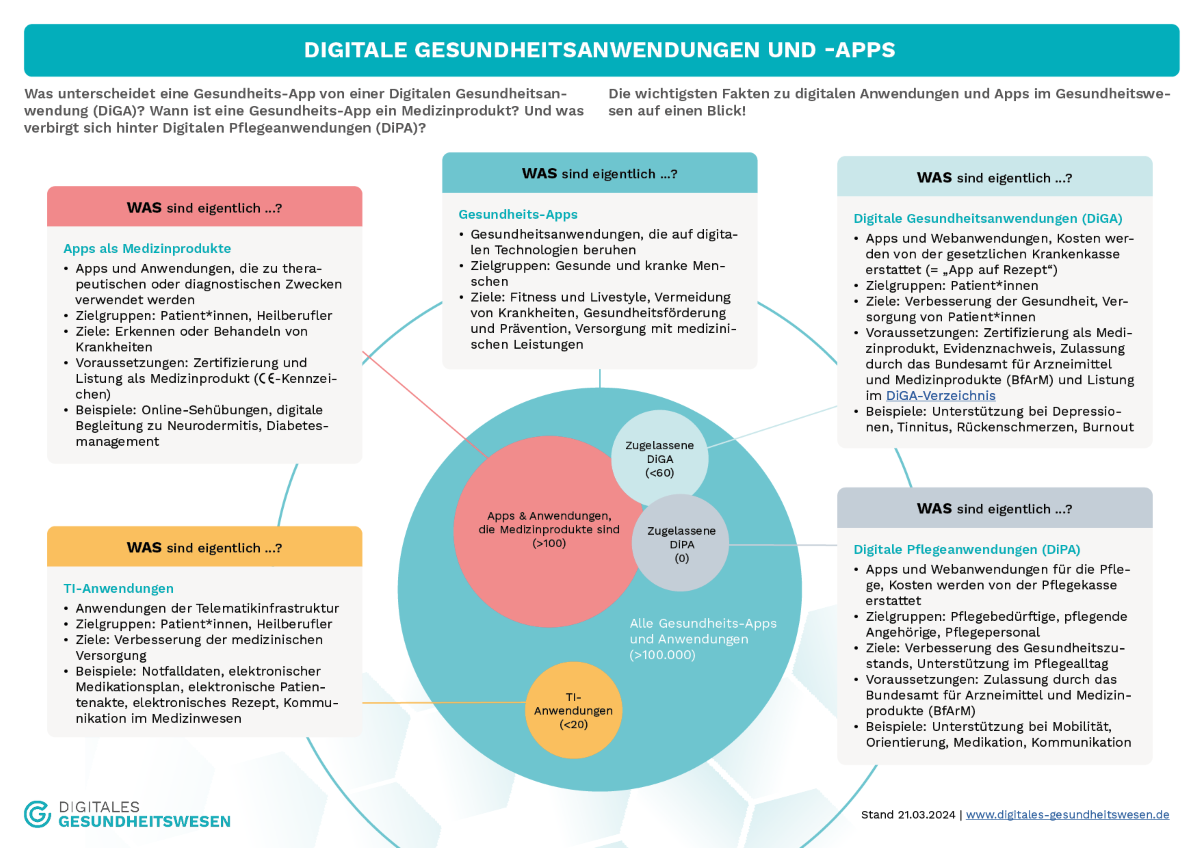CVE-2024-23657 - "Nuxt Devtools Path Traversal and Origin Check Bypass"
CVE ID : CVE-2024-23657 Published : Aug. 5, 2024, 9:15 p.m. | 1 hour, 44 minutes ago Description : Nuxt is a free and open-source framework to create full-stack web applications and websites with Vue.js. Nuxt Devtools is missing authentication on the `getTextAssetContent` RPC function which is vulnerable to path traversal. Combined with a lack of Origin checks on the WebSocket handler, an attacker is able to interact with a locally running devtools instance and exfiltrate data abusing this vulnerability. In certain configurations an attacker could leak the devtools authentication token and then abuse other RPC functions to achieve RCE. The `getTextAssetContent` function does not check for path traversals, this could allow an attacker to read arbitrary files over the RPC WebSocket. The WebSocket server does not check the origin of the request leading to cross-site-websocket-hijacking. This may be intentional to allow certain configurations to work correctly. Nuxt Devtools authentication tokens are placed within the home directory of the current user. The malicious webpage can connect to the Devtools WebSocket, perform a directory traversal brute force to find the authentication token, then use the *authenticated* `writeStaticAssets` function to create a new Component, Nitro Handler or `app.vue` file which will run automatically as the file is changed. This vulnerability has been addressed in release version 1.3.9. All users are advised to upgrade. There are no known workarounds for this vulnerability. Severity: 8.8 | HIGH Visit the link for more details, such as CVSS details, affected products, timeline, and more...

Published : Aug. 5, 2024, 9:15 p.m. | 1 hour, 44 minutes ago
Description : Nuxt is a free and open-source framework to create full-stack web applications and websites with Vue.js. Nuxt Devtools is missing authentication on the `getTextAssetContent` RPC function which is vulnerable to path traversal. Combined with a lack of Origin checks on the WebSocket handler, an attacker is able to interact with a locally running devtools instance and exfiltrate data abusing this vulnerability. In certain configurations an attacker could leak the devtools authentication token and then abuse other RPC functions to achieve RCE. The `getTextAssetContent` function does not check for path traversals, this could allow an attacker to read arbitrary files over the RPC WebSocket. The WebSocket server does not check the origin of the request leading to cross-site-websocket-hijacking. This may be intentional to allow certain configurations to work correctly. Nuxt Devtools authentication tokens are placed within the home directory of the current user. The malicious webpage can connect to the Devtools WebSocket, perform a directory traversal brute force to find the authentication token, then use the *authenticated* `writeStaticAssets` function to create a new Component, Nitro Handler or `app.vue` file which will run automatically as the file is changed. This vulnerability has been addressed in release version 1.3.9. All users are advised to upgrade. There are no known workarounds for this vulnerability.
Severity: 8.8 | HIGH
Visit the link for more details, such as CVSS details, affected products, timeline, and more...









































































